Starbucks Corporation was founded in Seattle in 1971 and is currently the largest coffee shop chain in the world. The company has over 33,000 company-operated and licensed stores around the world and expects to reach 55,000 stores by 2030.
The US is Starbucks’ first market with 15,000 locations followed by China as the second market where the company is on track to reach 6,000 stores in 230 cities by the end of FY 2022.
Starbucks’ annual revenue for 2023 was $35.98 billion and net income of 4.12 billion.
The company offers a wide range of whole bean and ground coffees, as well as instant coffee. Starbucks has several competitors in all the sectors it operates in.
The following are the top Starbucks competitors and alternatives.
1. Dunkin Donuts
Based in Massachusetts, Dunkin offers donuts and coffee house that was founded in 1950. It has expanded across the world and operates over 11,500 restaurants in more than 35 countries.
In the US, Dunkin has about 8,500 stores compared to nearly 15,000 Starbucks locations. In terms of revenue, Dunkin’ generates just under $1.5 billion annually while Starbucks’ annual revenue is $23 billion.
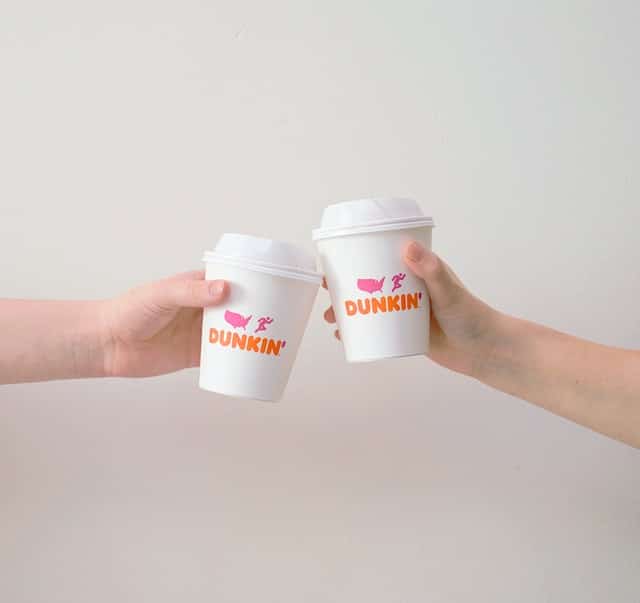
2. Costa Coffee
Founded in 1971, Costa Coffee is a British coffeehouse that has expanded over the years to become one of the largest coffee brands in the world.
In January 2019, Coca-Cola bought Costa Coffee from Whitbread for around $4.9bn. Costa’s net revenue for 2020 declined by 19% due to store closures, which is smaller than the losses experienced by other brands.
The company offer includes a £5 premium meal deal for a favorite drink plus a dish like Creamy Mushroom Risotto.

3. McCafé
McCafé is a subsidiary of McDonald’s and was founded in 1993 in Melbourne, Australia. The brand offers a wide variety of upper-end espresso-based beverages in the US and across the world.
In 2020, McCafé has invested US$381 million for its expansion in China.
By 2023, there will be more than 4000 McCafé coffee shops in China, which Starbucks’ second-largest market after the US. It competes for Starbucks’ market share in both markets.
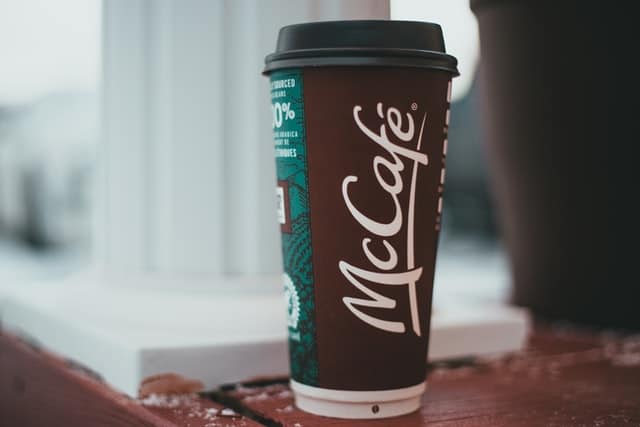
4. Tim Horton’s
Tim Horton’s is one of the largest Canadian-based multinationals operating in the fast-food sector and is popular for its coffee and donuts. It operates about 4,600 restaurants in 13 countries, including the US.
The company recently announced that it will be giving away over $8 million worth of free coffee and hot beverages to celebrate guests in Canada.
Tim Horton’s coffee is considerably less expensive than Starbucks. The smallest cup of Caffe Latte at Tim Horton’s goes for $2.49 while Starbucks charges $2.95.
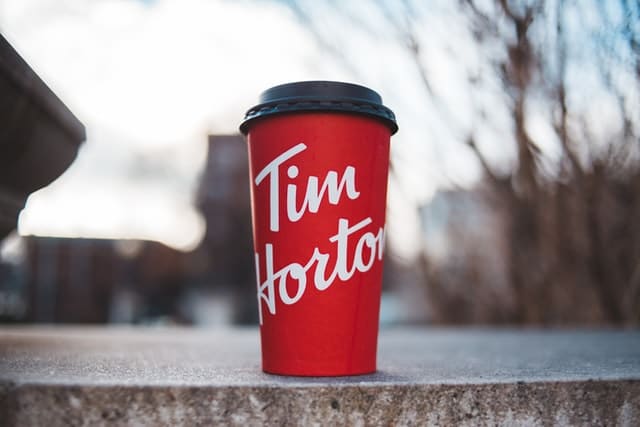
5. Peet’s Coffee
Founded in 1966 in California, Peet’s is a retail company that specializes in coffee roasting. The founder supplied coffee beans to Starbucks in the early days and liked his coffee dark and strong.
Since 2012, Peet’s sales have risen an annual average of 14% and its revenue doubled to reach $983 million in FY 2019. In the U.S. premium coffee market, its share has risen to9.9% from 7.7% in the past five years.
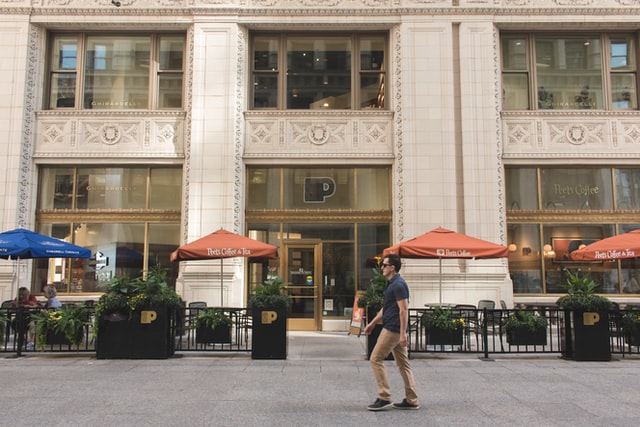
6. McDonald’s
While Mcdonald’s is already competing against Starbucks through McCafé, the global fast-food giant also serves coffee in its stores.
McDonald’s has several advantages over Starbucks, including extensive menu options, customer base across 119 markets, 80 years of experience, more financial resources, and a total of 38,695 restaurants worldwide.
It also offers great deals like offering all customers any size premium-roast coffee for only $1.
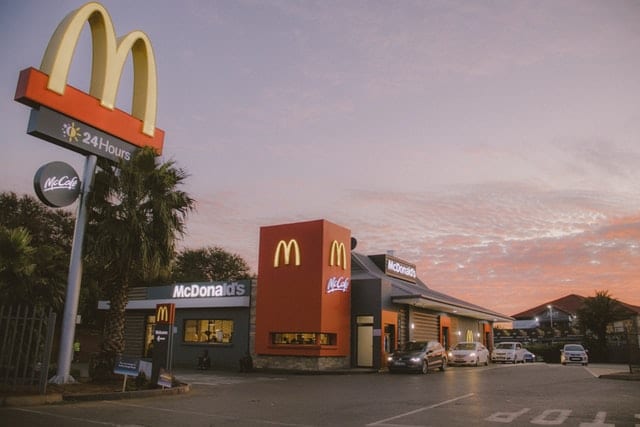
7. Lavazza
Founded in 1895 in Turin, Lavazza is a well-known brand of coffee in Italy. The brand has stores in several European countries and recently expanded into the US. It offers pre-ground coffee for Moka pot brewing.
In the UK, it is attracting office workers with its Lavazza Blue professional capsule system. It allows office managers to purchase a Lavazza coffee machine for £1, with a minimum order of 200 coffee capsules.
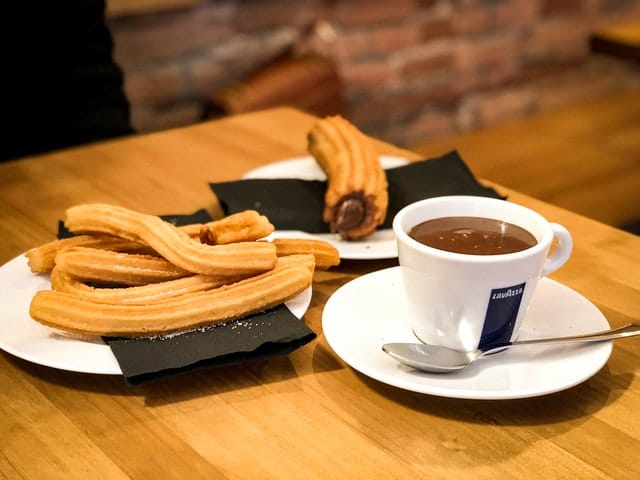
8. Yum China
Yum China is emerging as the main beneficiary of Luckin’s woes and is perfectly positioned to challenge Starbucks’ ever-growing presence in the market. As China’s largest restaurant operator, Yum China is the sole Chinese licensee of KFC, Pizza Hut, and Taco Bell.
At the end of the first quarter of 2020, Yum China oversaw 6,661 KFC stores and a total of 9,295 stores across the country. It has doubled the expansion of its own coffee business in China.
9. Café Coffee Day
Founded in 1996, Café Coffee Day is one of Asia’s largest Arabica beans producers and exporters. Café Coffee Day expanded rapidly to become India’s largest coffee chain and has entered into other global markets in Africa, Europe, and across Asia.
Unfortunately, the company’s expansion locally and globally is threatened by the recent revelation that its late founder routed 27 billion rupees ($360 million) out of the company.
10. Folgers
Folgers offers pre-ground coffee, which is not only easy to brew and widely available, but it is also cheaper than Starbucks’ products. Customers can save a lot more than Starbucks in the long term.
Folgers has been offering pre-ground coffee for home use for decades and has a special place in the hearts of consumers. Its coffee products entered 1.3 million new households from June to September 2020, with packaged coffee sales rising 14% in September alone.
11. Maxwell House
Ranked second in the Huffington Post’s list of dark roasts, Maxwell House currently dominates the dry coffee goods market along with Folgers.
Starbucks also operates in this sector but does not compete directly with Maxwell House because the brand is online based.
Its coffee has a stable taste and costs $6.29 for an 11 ounce can or 27 cents for one ounce and cheaper by far compared to Starbucks.
12. The Coffee Bean
The Coffee Bean is an American coffee chain founded in 1963 and has expanded to its uniquely brewed coffee worldwide.
In 2019, it had over 1,000 self-owned and franchised outlets in more than 31 countries across the world. But several outlets have closed since the company was acquired for $350 million by Jollibee Foods Corp. from the Philippines.
13. Caribou Coffee
Germany-based Caribou Coffee has expanded its operations to over 10 countries, including the US. Its initial concept was a five-day-a-week schedule catering to office workers but expanded its menu to cater to everyone.
Caribou coffeehouses are popular for providing initiatives to deliver magic to their customers during holiday seasons.
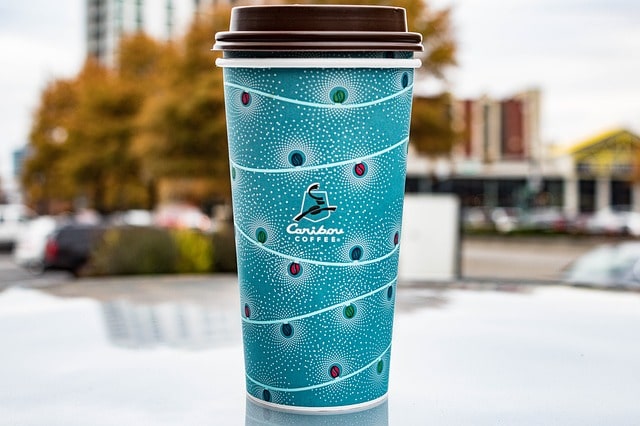
14. Dutch Bros
Dutch Bros’ innovative coffee menu has just about every customer’s flavor of syrup. The brand has positioned itself perfectly as the go-to coffeehouse for students and younger coffee drinkers.
It offers 15 different categories of drinks at every location, with many different selections and fun names and colors.
15. Café Bustelo
Café Bustelo was founded in New York City in 1928 by Gregorio Bustelo. The coffeehouse offers Cuban-style brews and has emerged as the go-to store for Latin Americans in the US.
The brand’s tight grip on this ever-growing target market makes it one of Starbucks’ competitors and alternatives.
16. Bewley’s Coffee and Tea
This Irish coffee brand dates back to the 1840s and its roasting facilities in Ireland can roast about 2,000 tons of coffee beans per year.
Bewley’s coffee and tea group has branches all over Europe but was recently forced to close the historic Café Grafton Street in Dublin.
It could not service the €1.5 million annual rental cost due to the crisis. The company continues its wholesale and retail operations in Ireland, the UK, and the US.
17. Luckin Coffee
Even though Luckin Coffee has been in the industry for less than 5 years, it already has more than 2,000 locations in China and went from zero to a valuation of $2.2 billion in less than two years.
In comparison, Starbucks managed to establish 2,000 stores after operating in China for 20 years. Luckin’s competitive edge was dulled in 2020 after internal investigators revealed fabricated transactions. The scandal eroded 80% of Luckin stock value.
18. Community Coffee
Founded in 1919 as a grocery store in Louisiana, Community expanded into coffee and now offers its products in more than 20 states across the US.
It is the largest family-owned coffee company in the US. Customers love its Breakfast Blend, which is defined by its fruity sweetness.
19. Global Tea Brands
Global tea brands like UK’s largest tea company Tetley, Sri Lanka’s Dilmah, Portland’s Tazo herbal tea, and many more offer an alternative to coffee.
Starbucks recently introduced tea on its menus, such as Honey Citrus Mint Tea and Jade Citrus Mint green tea. The top preferred tea brands are both direct and indirect Starbucks competitors.
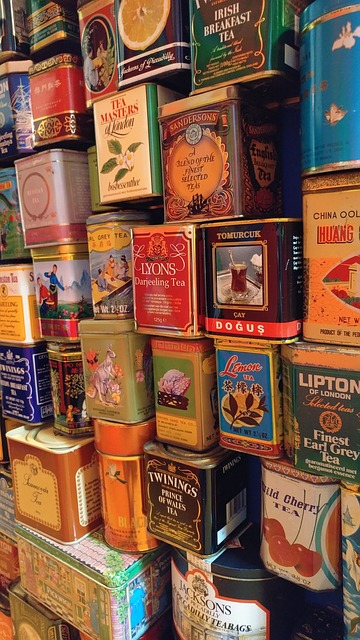
20. Independent Coffeehouses
Across the world, there are millions of small neighborhood coffee stores. They offer unique blends and personal service experiences, which is an advantage over Starbucks. Independent stores are increasing rapidly.
In London, the number of independent coffee shops has risen from about 50 in 2010 to over 400 in 2020. This represents a 700% rise compared to a 57% rise for multinational chains like Starbucks.
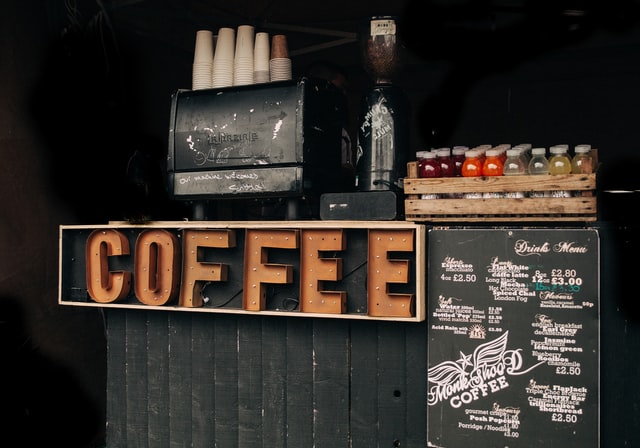
References & more information
- Starbucks (2020, Dec 9). Top things to know from Starbucks (virtual) Investor Day. Starbucks
- Delventhal, S. (2020, May 28). Starbucks vs. Dunkin’: What’s the Difference? INVESTOPEDIA
- Market Line (2020, Oct 23). Coca-Cola revenue down 9% in Q3 as a result of global closures. Drinks Insight Network
- Global Coffee (2020, Nov 19). McDonald’s China invests 2.5 billion yuan in McCafé expansion. Global Coffee Report
- Altstedter, A. (2020, July 24). Cafe Coffee Day Probe Finds Late Founder Took Out $360 Million. Bloomberg
- Tim Horton’s (2020, Oct 26). Tim Horton’s is celebrating its commitment to coffee. PR News
- Caplinger, D. (2020, Apr 11). Will Luckin Coffee Stock Ever Trade Again? The Motley Fool
- Rossolillo, N. (2020, Apr 30). The Biggest Beneficiary From China’s Luckin Coffee Scandal Could Be KFC. The Motley Fool
- Cheng, A. (2020, May 29). As Peet’s Coffee Parent Shares Surge Post IPO, Expect It To Be A Bigger Contender Against Starbucks. Forbes
- Bloomberg (2020, Oct 9). Millennials embrace boomer icon Folgers coffee. Crains Cleveland
- Giebler, E. (2020, Feb 12). The 5 Best Cheap Coffee Brands. Smart Asset
- Cree, T. (2020, July 23). Coffee Bean Close Handful of Locations across Santa Monica and Westside. Santa Monica Mirror
- Belmonte, L. (2020, Nov 28). McDonald’s Canada Coffee Will Be $1 For Any Size To Celebrate The Holiday Season. NARCITY
- White, M. (2020, Nov 13). Lavazza to launch a professional coffee subscription service for offices. Food Bev Media
- Daniels, S. (2020, June 16). Battle of the coffee shops. Daily Evergreen
- Andrews, C. (2020, Sep 1). Among America’s favorite brew-at-home coffee brands, which comes out ahead: Dunkin’ or Starbucks? USA Today
- Hancock, C. (2020, July 1). Staff at Bewley’s Cafe on Grafton Street are made redundant. Irish Times
- Turtinen, M. (2020, Oct 29). Caribou Coffee rolls out holiday cups, menu early. Bring the News
- Andrews, C. (2020, Sep 1). Among America’s favorite brew-at-home coffee brands, which comes out ahead: Dunkin’ or Starbucks? USA Today
- Ackerman, J. (2020, Feb 5). London sees a 700% surge in independent coffee shops since 2010. The Evening Standard
- Staff (2020, Jan 14). Starbucks welcomes winter with new beverages and returning favorites. Starbucks Stories and News
- Featured Image by Pexels

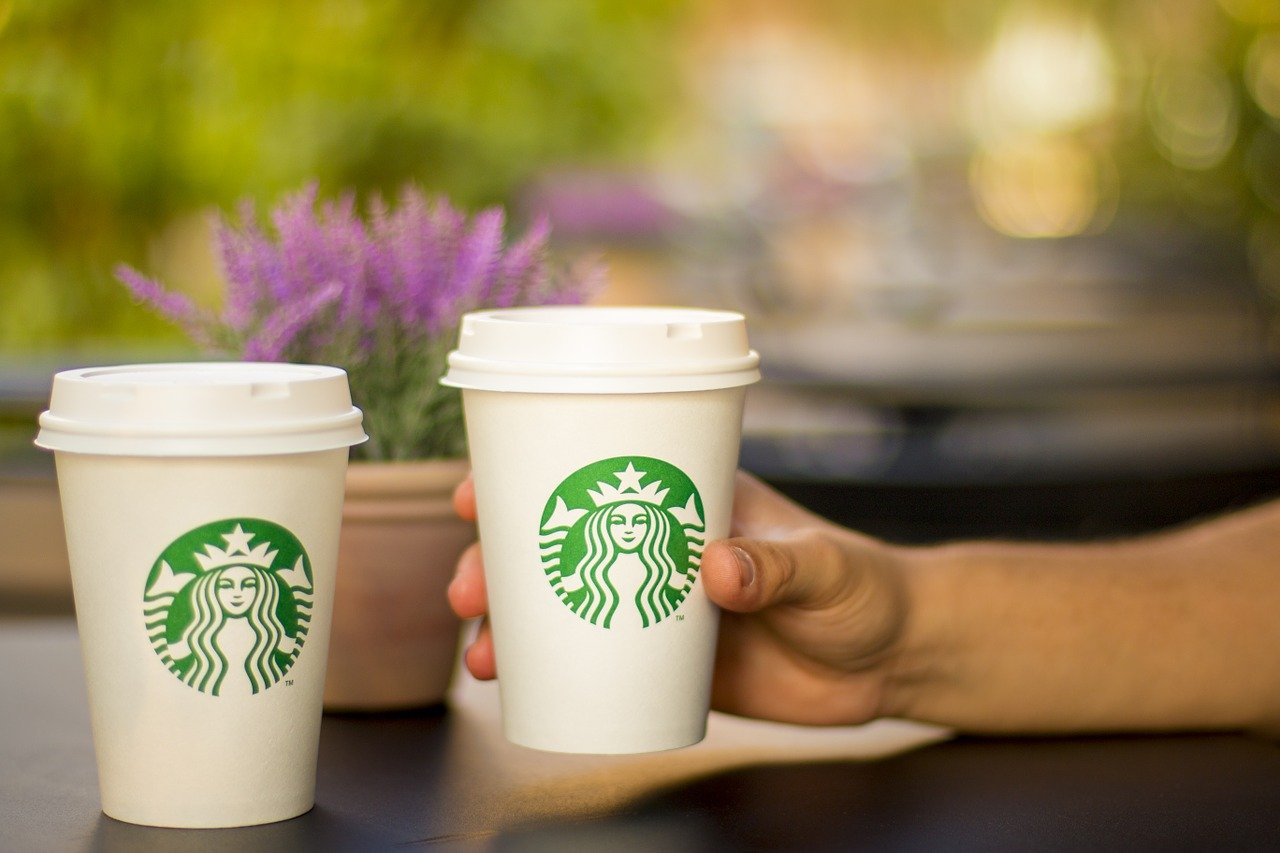
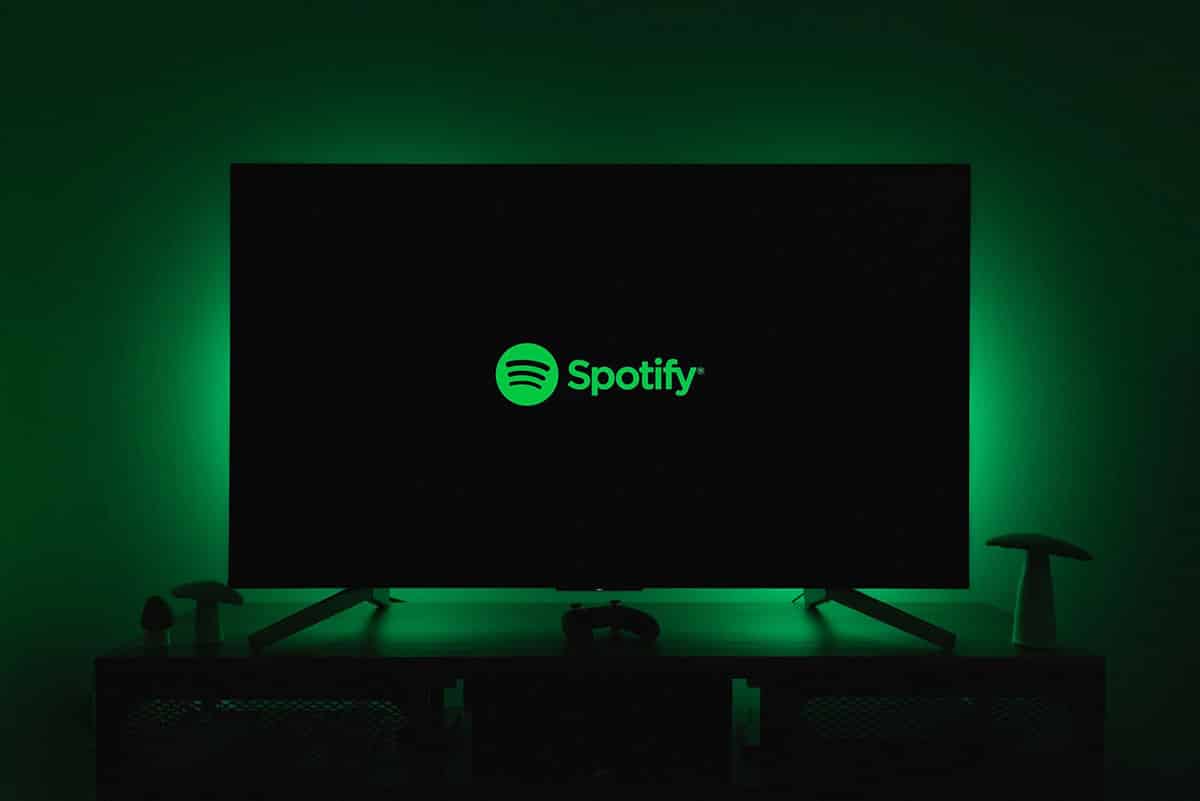

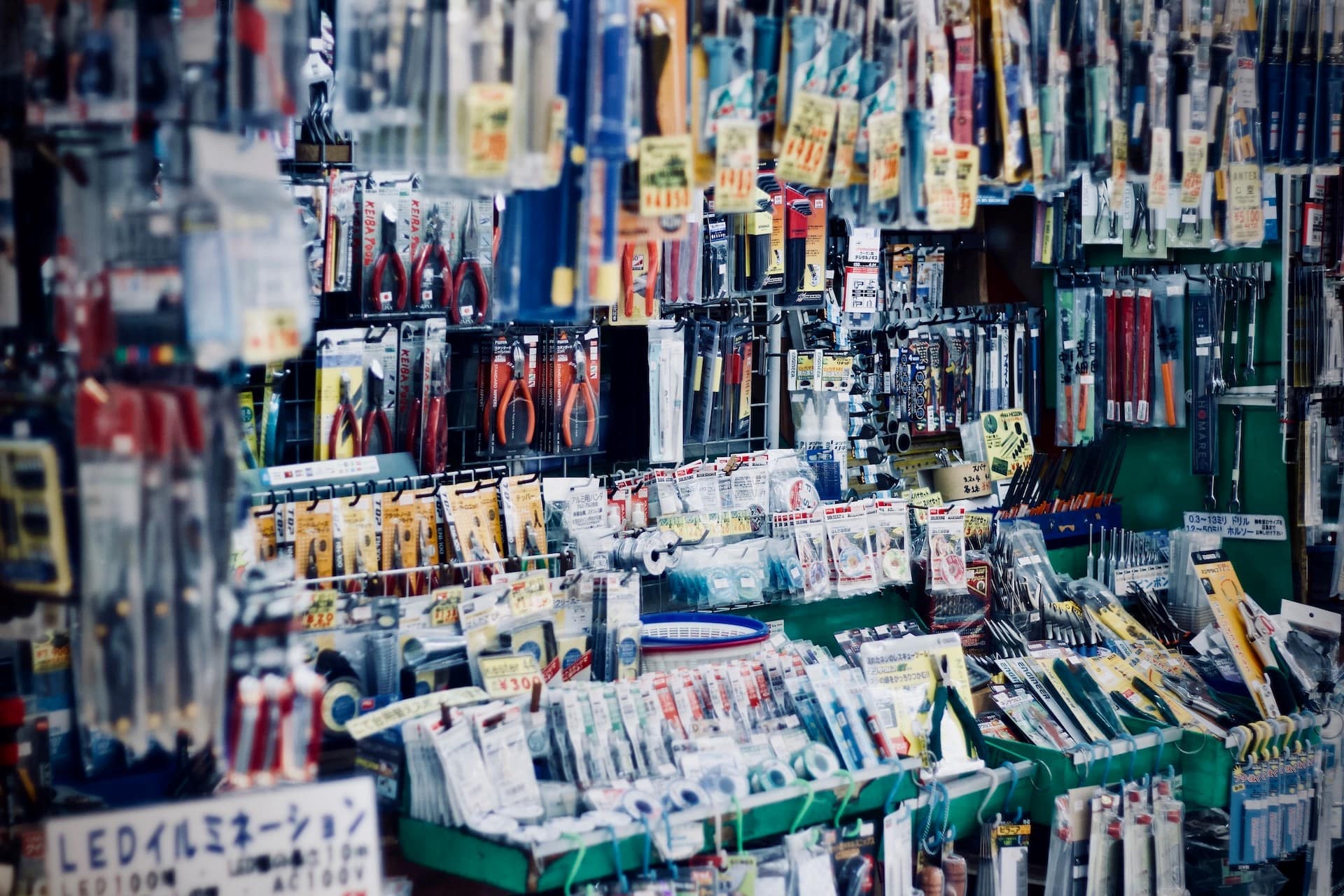

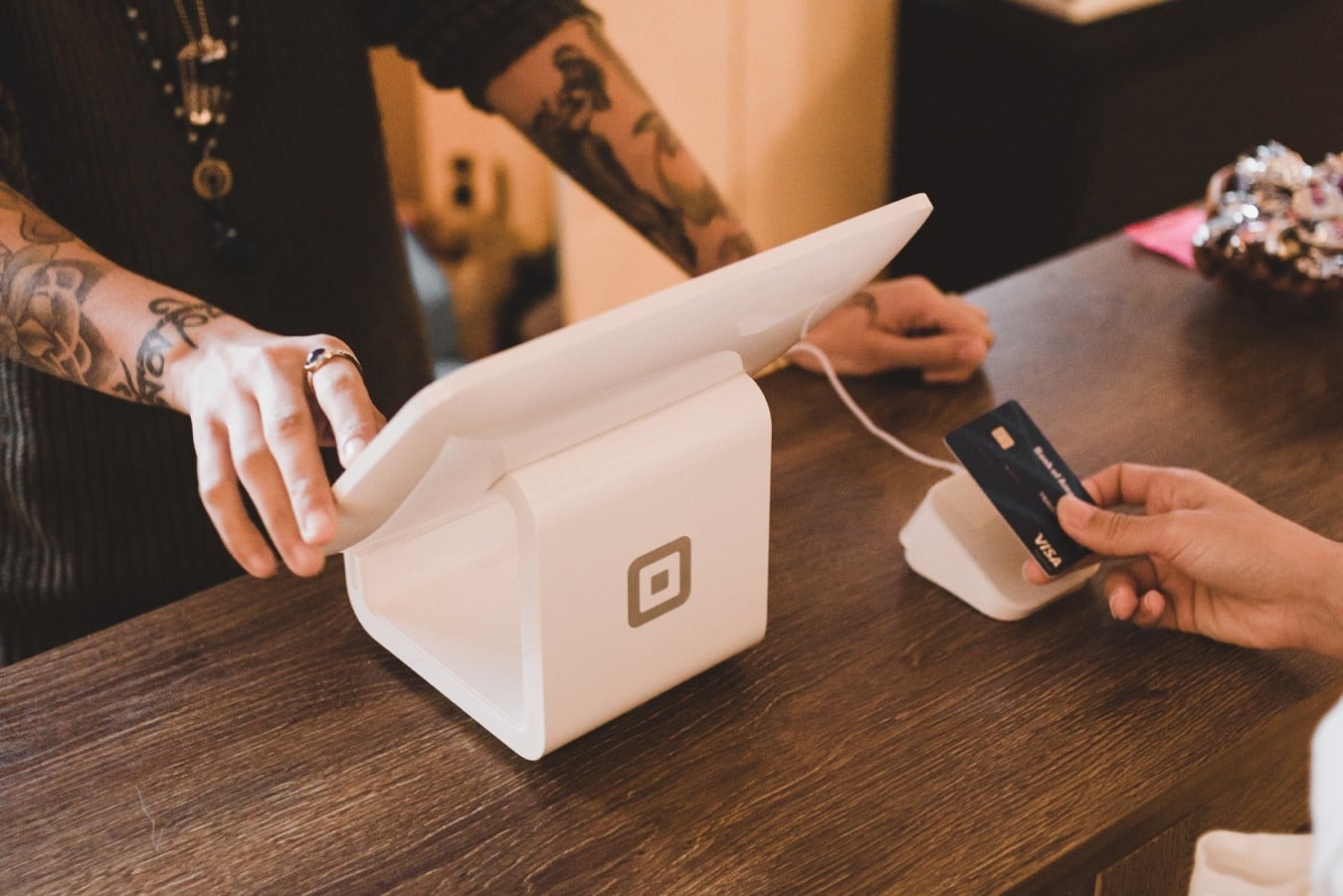


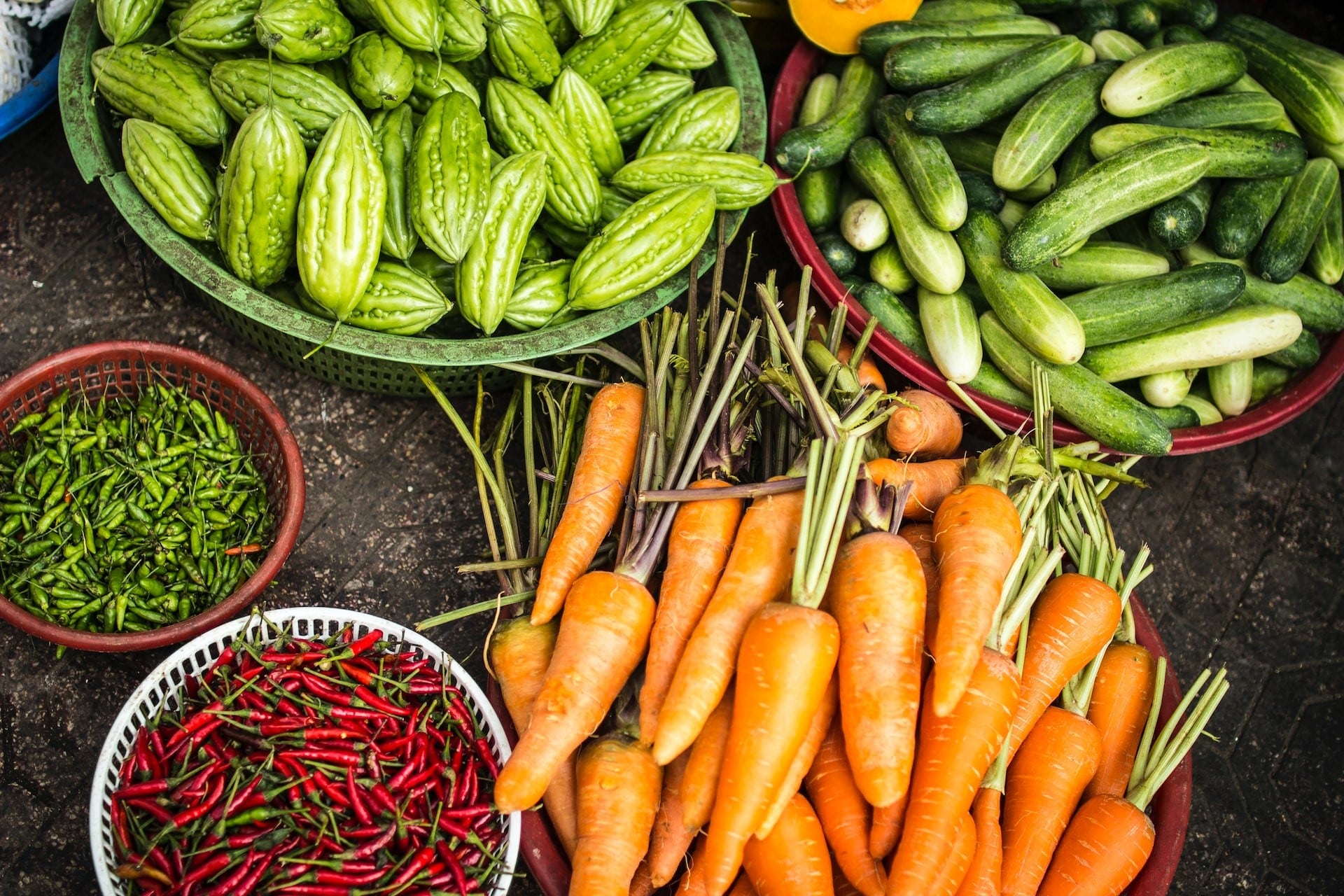
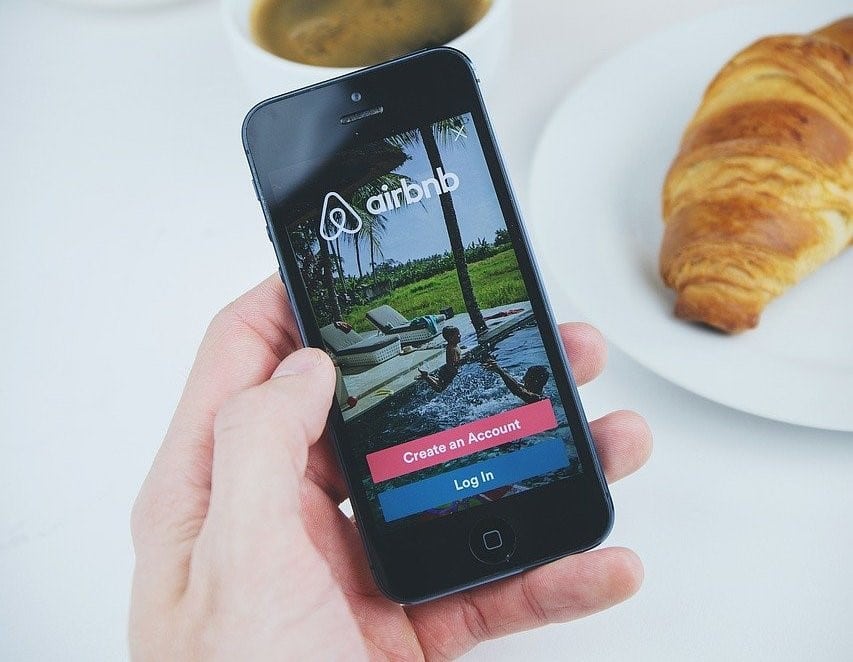

Add comment